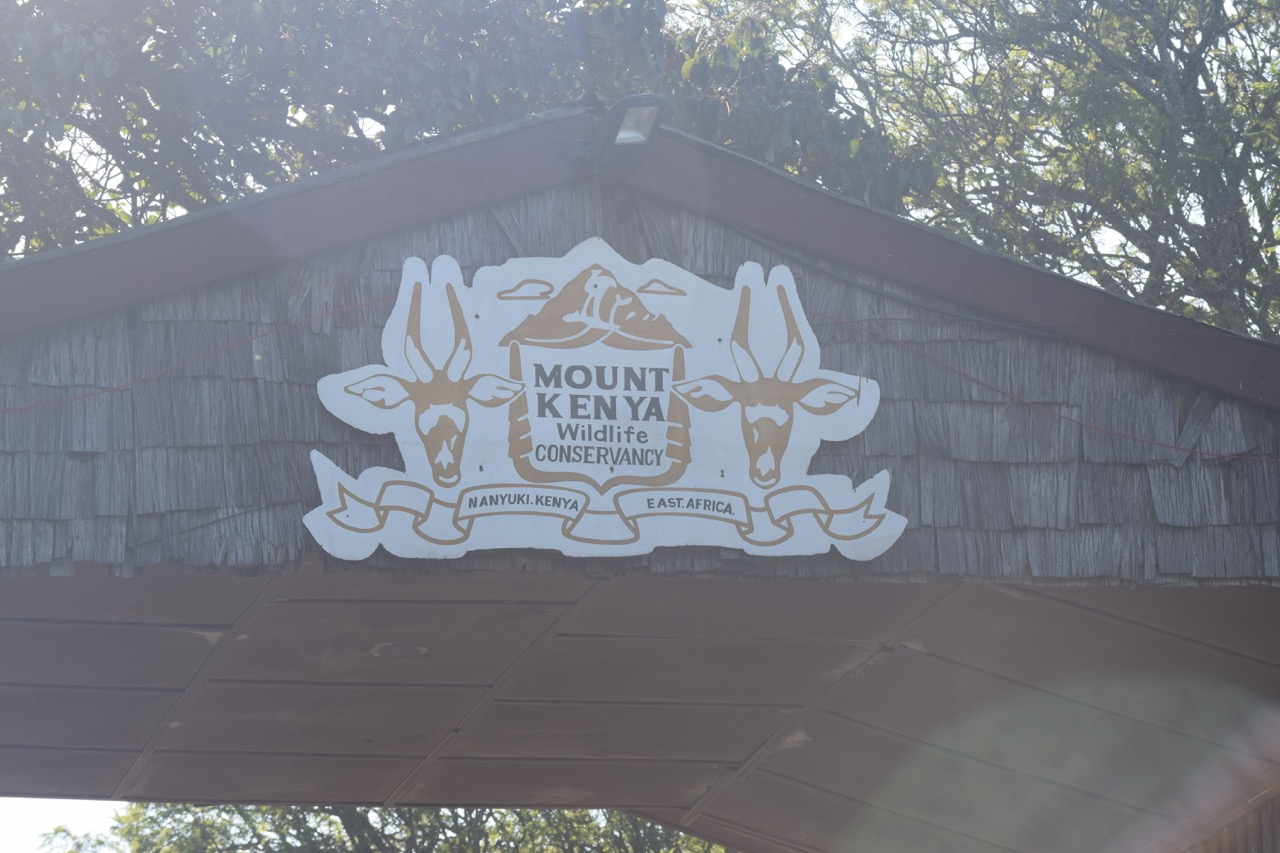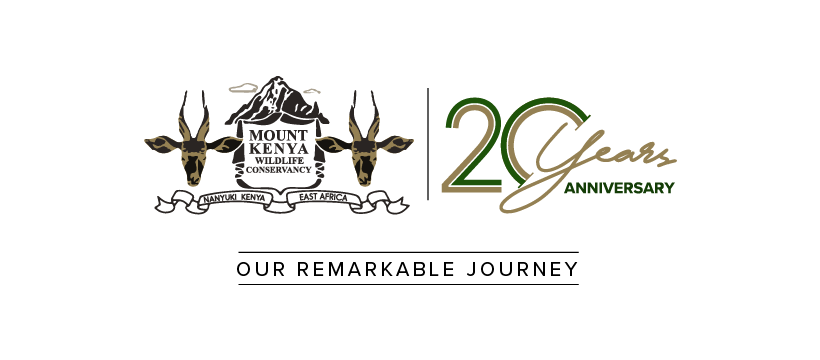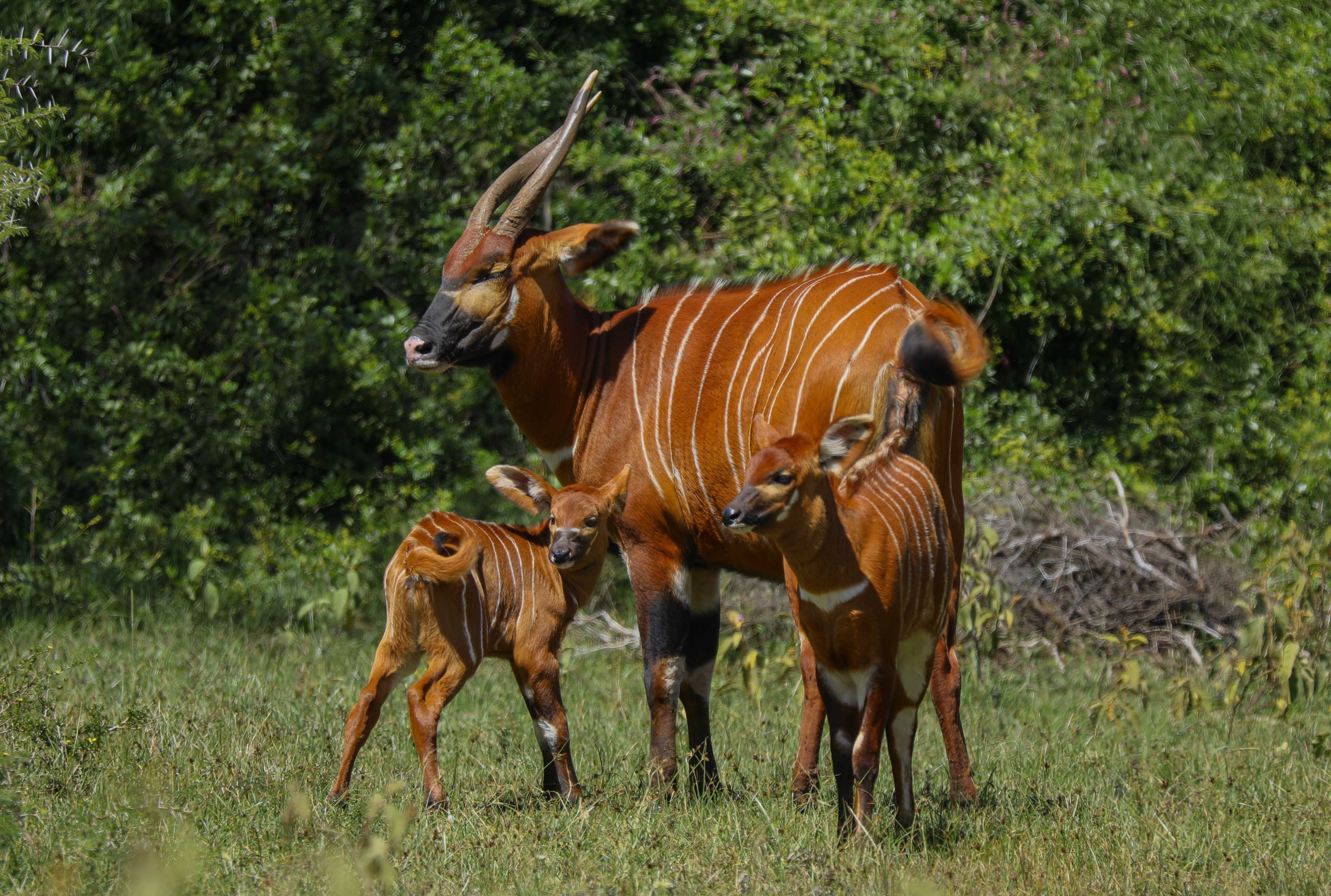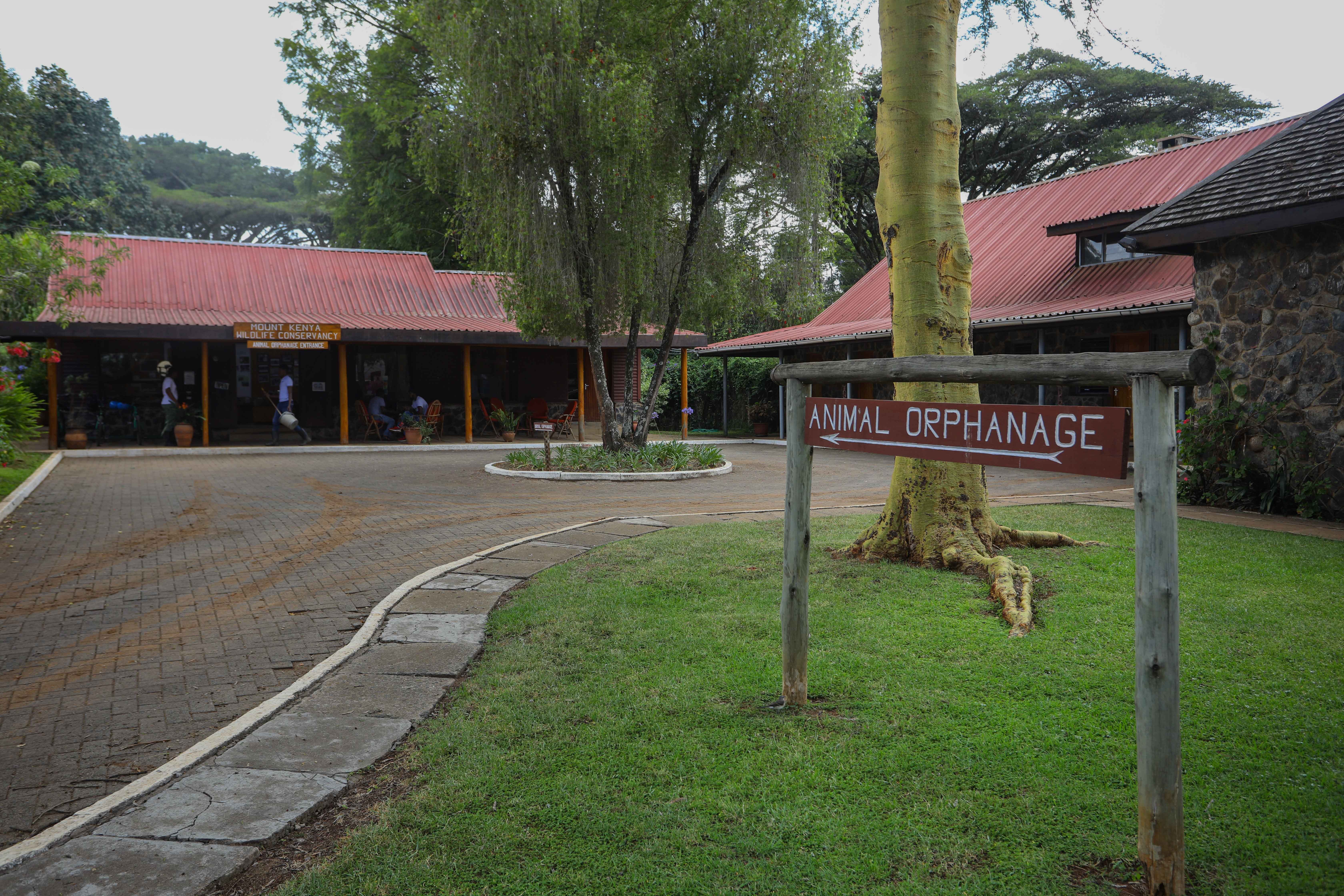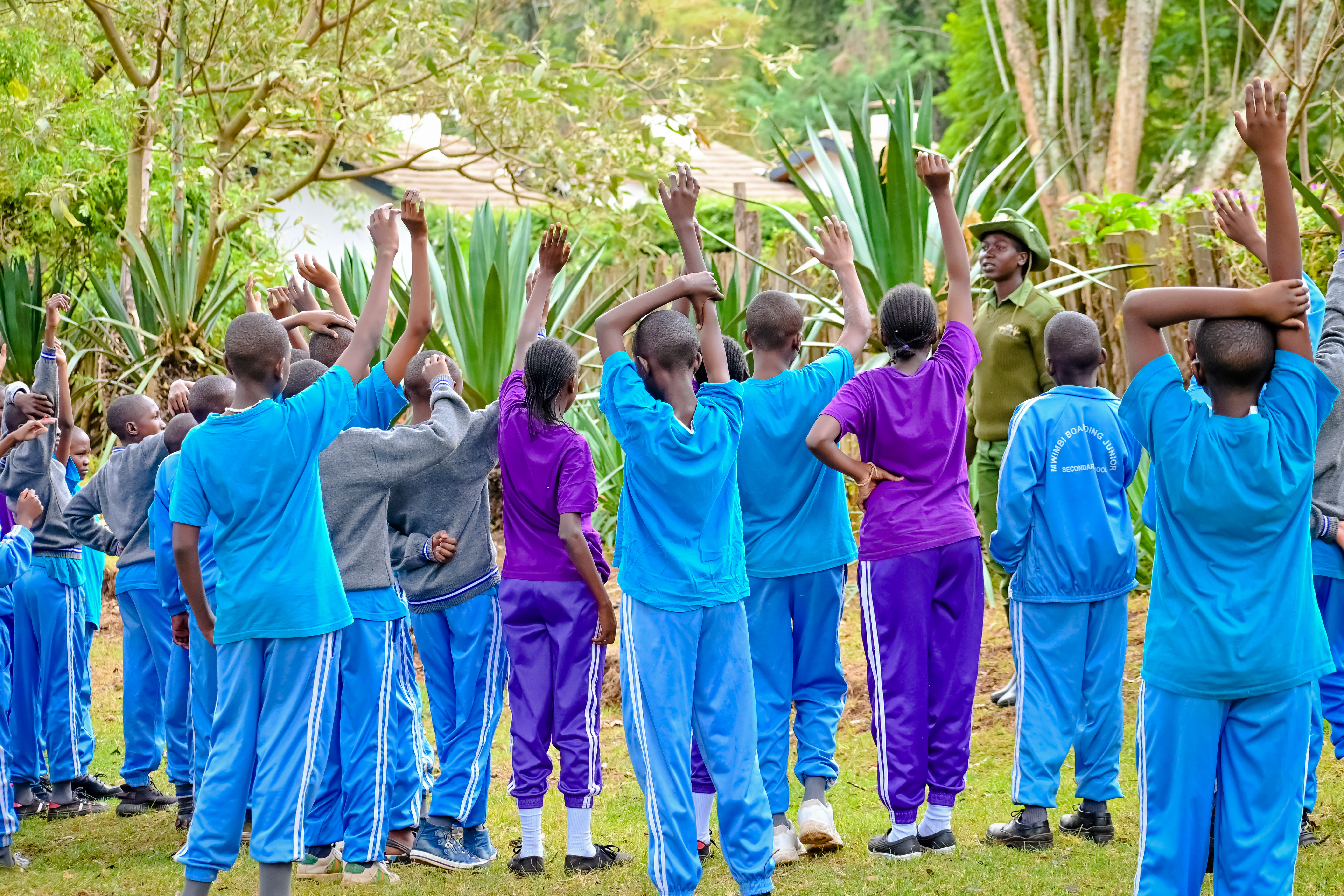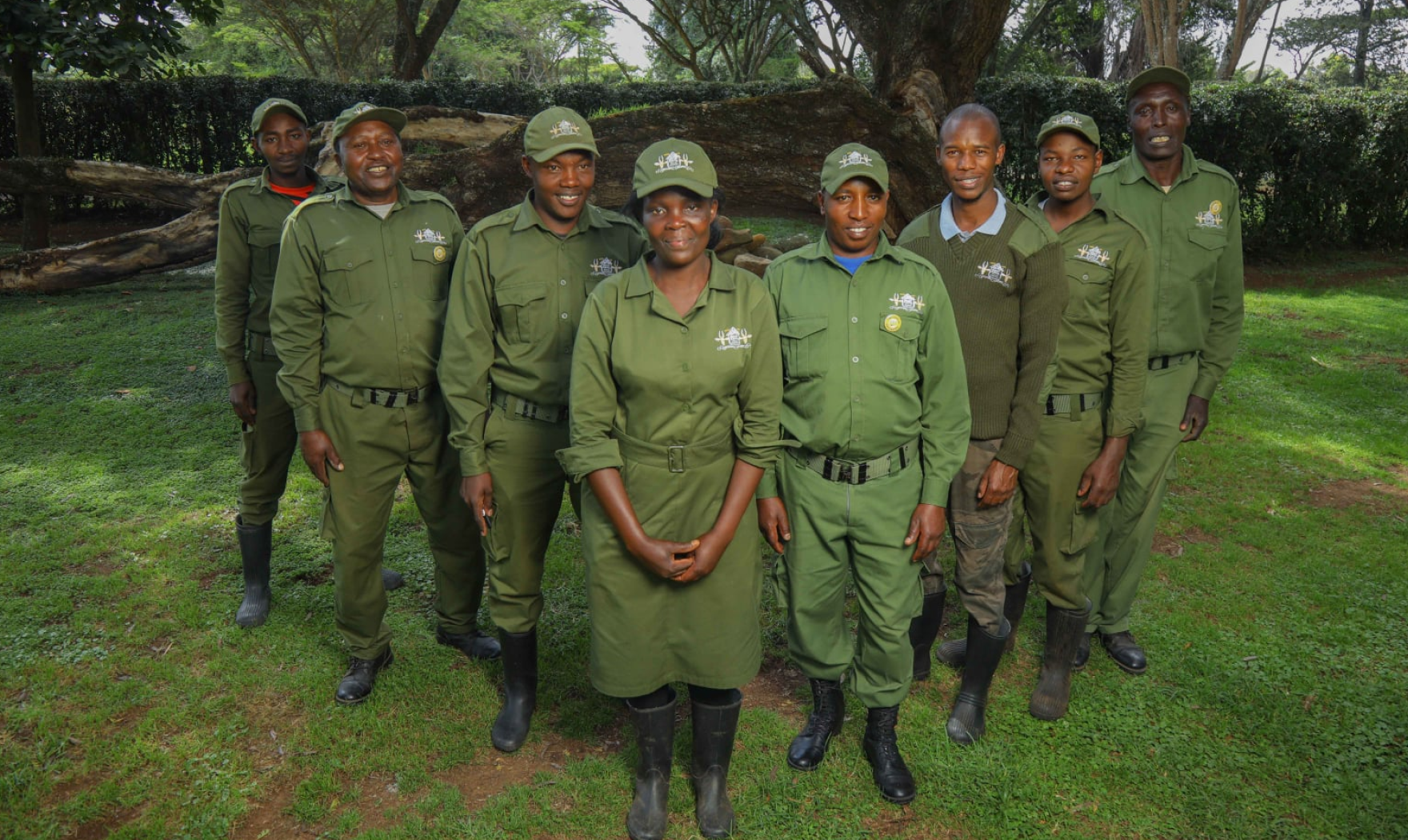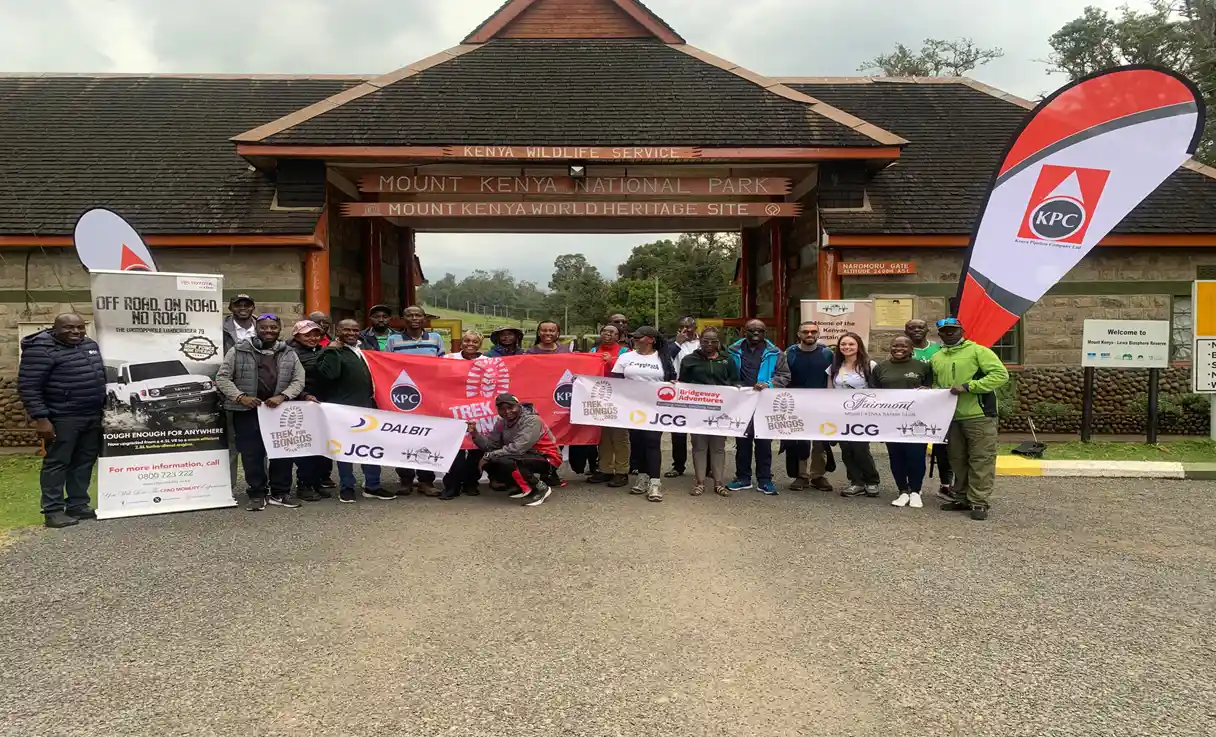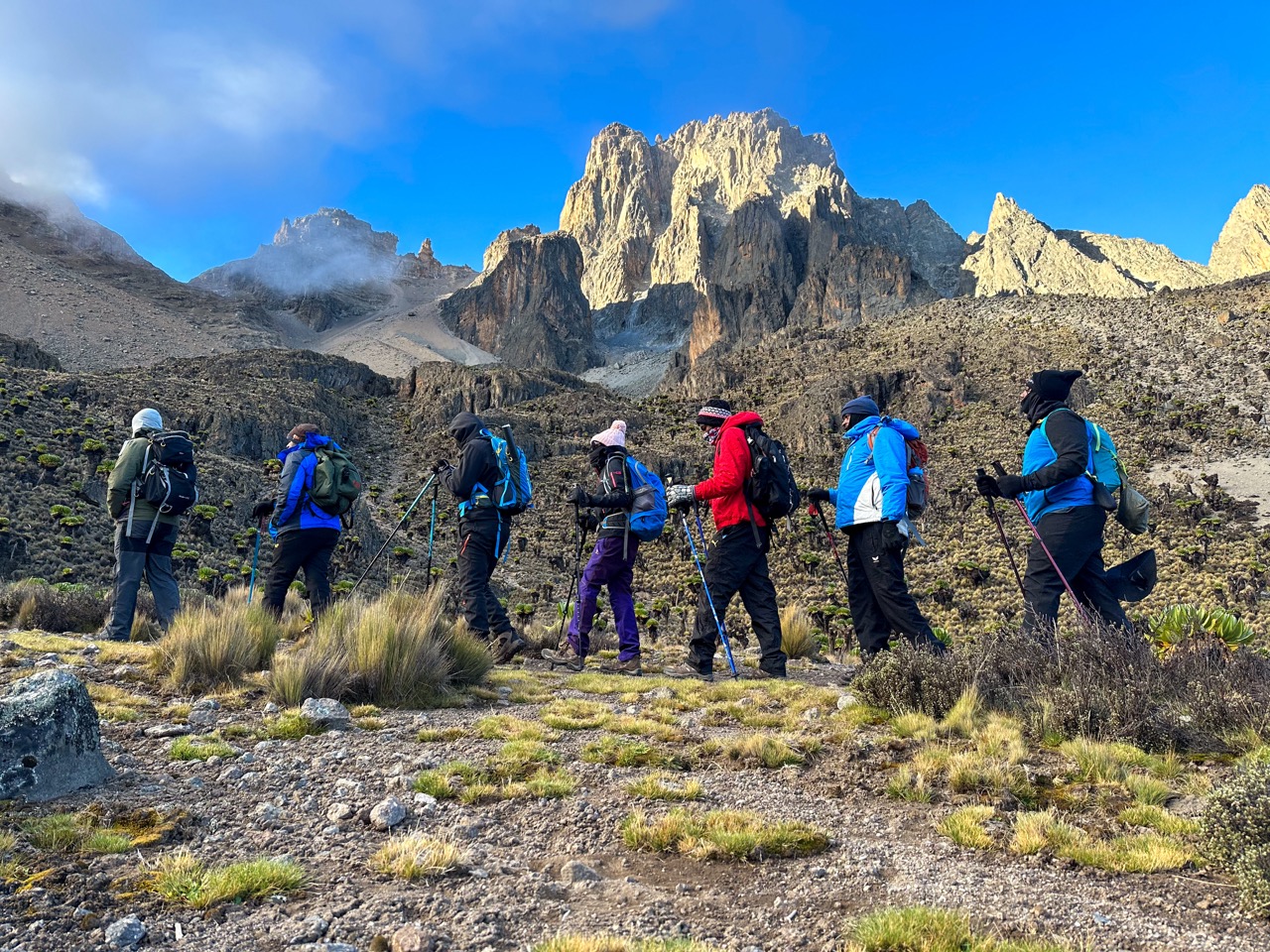press Release
Mount Kenya Wildlife Conservancy and Chester Zoo join forces to conserve the critically endangered mountain bongo

Mount Kenya Wildlife Conservancy and Chester Zoo join forces to conserve the critically endangered Mountain Bongo
-
Mount Kenya Wildlife Conservancy (MKWC) and Chester Zoo have formalized a partnership to enhance the conservation of the critically endangered Mountain Bongo antelope and its habitat.
-
The collaboration focuses on research, capacity transfer and conservation education.
-
The agreement will see both organisations leverage expertise and technology to support biodiversity and wildlife conservation.
Nanyuki, 15 December 2024 Mount Kenya Wildlife Conservancy (MKWC) and Chester Zoo are thrilled to announce the signing of a Memorandum of Understanding (MoU) to advance efforts in conserving the critically endangered Mountain Bongo. This collaboration stems from shared aspirations and purpose to prevent extinction of wildlife.
Under this partnership, MKWC and Chester Zoo will focus on monitoring, research and knowledge transfer and other critical areas to secure the future of the Mountain Bongo. This collaboration includes a comprehensive approach to research and monitoring of wild populations with the application of innovative real-time AI technology, developed by partners, ConservationAI at Liverpool John Moores University. The initiative also seeks to enhance conservation education and capacity-building through staff exchanges and knowledge transfer. By combining Chester Zoo’s global leadership in conservation and MKWC’s local expertise, the initiative seeks to bolster the survival of the Mountain Bongo both in human care and in the wild.
Speaking on the significance of the partnership and its potential impact on the MKWC breeding and rewilding program, Executive Patron of Mount Kenya Wildlife Conservancy (MKWC), Humphrey Kariuki said:
"This partnership represents a significant milestone in our conservation efforts. The Mountain Bongo is not only a symbol of Kenya's rich biodiversity but also a species whose survival hinges on collaborations which integrate global expertise with local commitment for the greater good. This engagement will enhance research capabilities, leveraging and testing of new technologies for the breeding and rewilding of the Mountain Bongo, to ensure the long-term survival of this iconic species in the wild."
Chief Executive Officer of Chester Zoo, Jamie Christon, highlighted the importance of this MOU in the preservation of critically endangered species and emphasized the importance of collaboration in the conservation of the Mountain Bongo. He said,
“Conservation knows no borders, and the signing of this partnership today provides us with a platform to unite behind a shared purpose. By uniting our resources and expertise we can make a difference for a species on the brink of extinction. It is our hope that this partnership is a strong strategic step for the conservation of the mountain bongo that can serve as a global model for safeguarding other endangered species in the future."
Prof. Erastus Kanga, Kenya Wildlife Services Director General who attended the signing ceremony added:
“The KWS Strategic Plan 2024-2028 reflects our commitment to fostering thriving wildlife populations by enhancing species recovery programs and improving wildlife health. Our partnership with Mount Kenya Wildlife Conservancy (MKWC) and Chester Zoo marks a crucial step in advancing conservation through technology, research and capacity building. Over the years, MKWC has played a pivotal role in the recovery strategy for the critically endangered Bongo. With innovative tools such as AI-driven habitat monitoring and cutting-edge rewilding research, we are optimistic about accelerating the reintroduction of this iconic species into the wild. Together, we are shaping a future where conservation efforts result into Thriving wildlife and healthy habitats for all, forever.”
Over the next 5 years, we hope to see major strides in Bongo conservation by sharing best practice as we learn from the field and each other.
